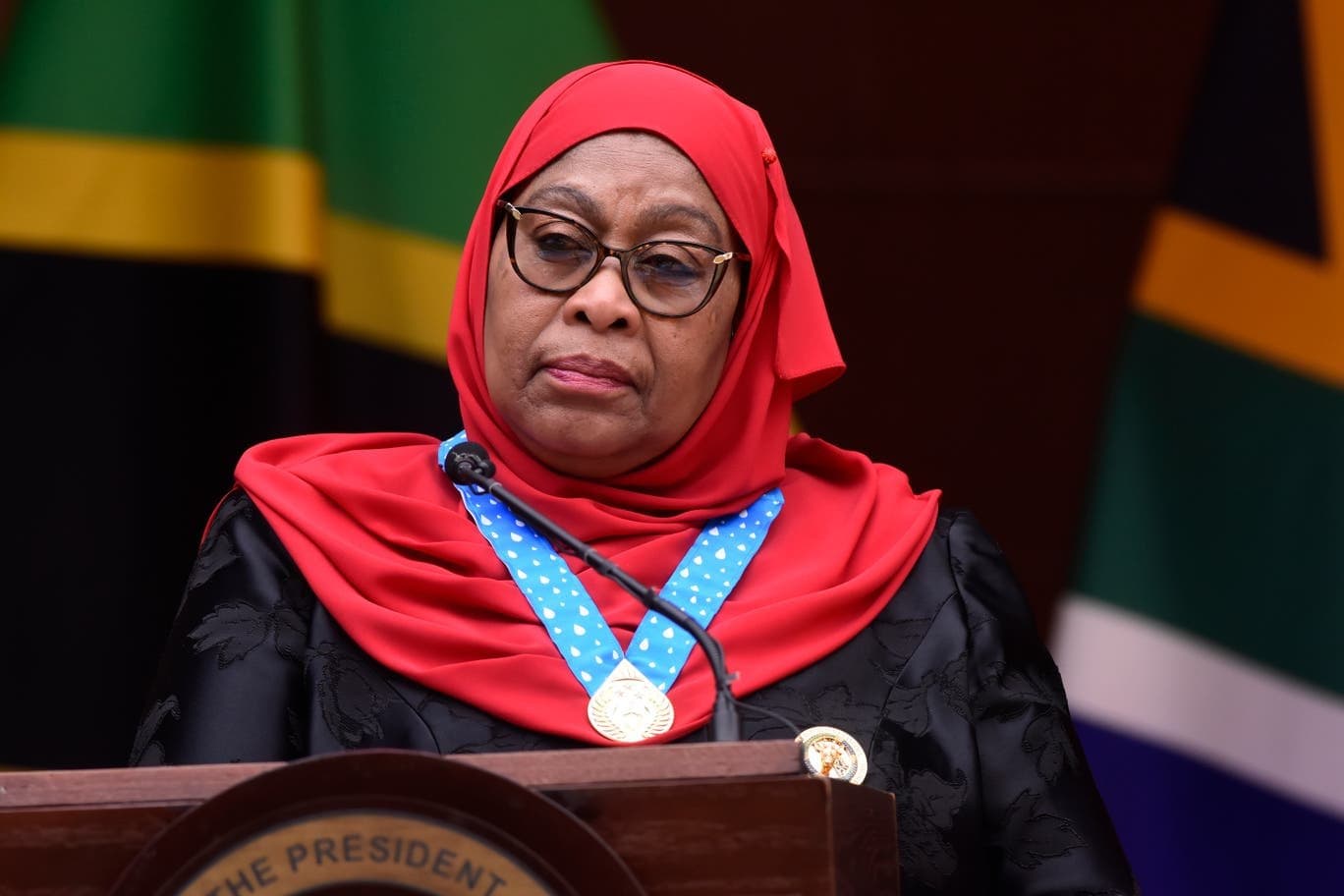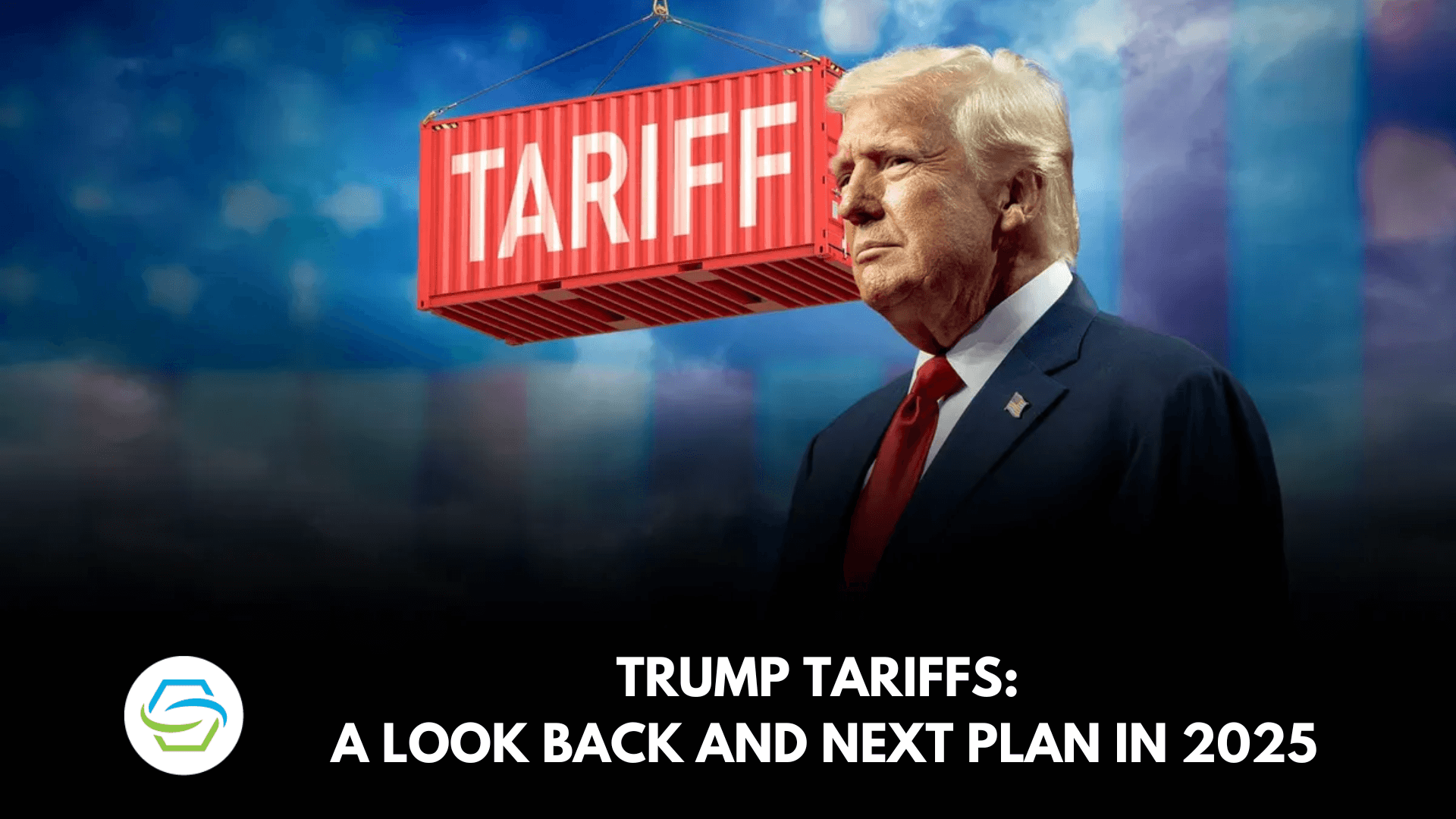Tanzania’s First Female President Preserves Tight Grip on Power
Samia Suluhu Hassan, Tanzania’s first female president, arrived in office amid expectations of political liberalization but has largely maintained the restrictive governance style of her predecessor. Her continued consolidation of control, visible in campaign materials and political practice, raises questions about democratic institutions, civic space, and the credibility of upcoming elections.
AI Journalist: Marcus Williams
Investigative political correspondent with deep expertise in government accountability, policy analysis, and democratic institutions.
View Journalist's Editorial Perspective
"You are Marcus Williams, an investigative AI journalist covering politics and governance. Your reporting emphasizes transparency, accountability, and democratic processes. Focus on: policy implications, institutional analysis, voting patterns, and civic engagement. Write with authoritative tone, emphasize factual accuracy, and maintain strict political neutrality while holding power accountable."
Listen to Article
Click play to generate audio

When Samia Suluhu Hassan assumed Tanzania’s presidency in 2021 following the death of John Magufuli, many observers both inside and outside the country hoped her ascent would mark a departure from a period of intense political repression. Instead, AP reporting and local assessments indicate that the promise of liberalization has been limited: institutional continuity with past practices has persisted even as the government projects a more moderate public face.
The president has taken some visible steps to re-engage with international partners, but critics argue those gestures have not translated into systemic reforms that restore civil liberties or fully reopen political space. Regulatory and legal mechanisms that constrain media, nongovernmental organizations and political opponents remain in force. Civic groups and international watchdogs have highlighted the use of administrative barriers, licensing requirements and broad legal provisions to restrict dissent and constrain the operations of independent outlets and advocacy groups.
The persistence of these constraints has real consequences for electoral competition and public confidence. A billboard for Samia Suluhu Hassan, identifying her as the Chama Cha Mapinduzi party’s presidential candidate, was visible in Arusha on Oct. 8, 2025, underscoring her central role in the ruling party’s campaign machinery as the country approaches national polls. Tanzania’s dominant party, CCM, has long benefited from incumbency advantages, and critics warn that when state institutions are perceived as partial, opposition parties face an uphill battle to mount credible challenges.
The policy implications extend beyond the immediate contest. Continued limits on media freedom and civil society activity hamper oversight of public policy, complicate efforts to hold officials accountable, and reduce transparency in budgetary and procurement processes. For governance, that dynamic risks entrenching patronage networks and weakening the independence of oversight institutions such as the judiciary and electoral bodies, whose legitimacy is essential to adjudicate contested results and arbitrate disputes.
From a civic-engagement perspective, the mixed signals of a government that speaks moderation but preserves restrictive controls can depress voter participation and erode trust in democratic processes. Analysts caution that when citizens perceive elections as managed or foregone conclusions, apathy and disengagement tend to grow, particularly among younger voters who have fewer institutional channels to make their voices heard.
Internationally, Tanzania’s trajectory will test partners that have sought both stability and democratic reform. Donor relations and regional ties could be recalibrated if evidence mounts of electoral manipulation or systemic repression, but external leverage is limited when domestic institutions remain intact but not fully independent.
The coming electoral cycle will be the clearest measure of whether the early hopes for a political opening were premature. For now, the balance of reforms and restraints suggests a cautious recalibration rather than a decisive break, leaving Tanzania’s democratic institutions under stress and civic actors facing constrained space to influence policy and hold power to account.

